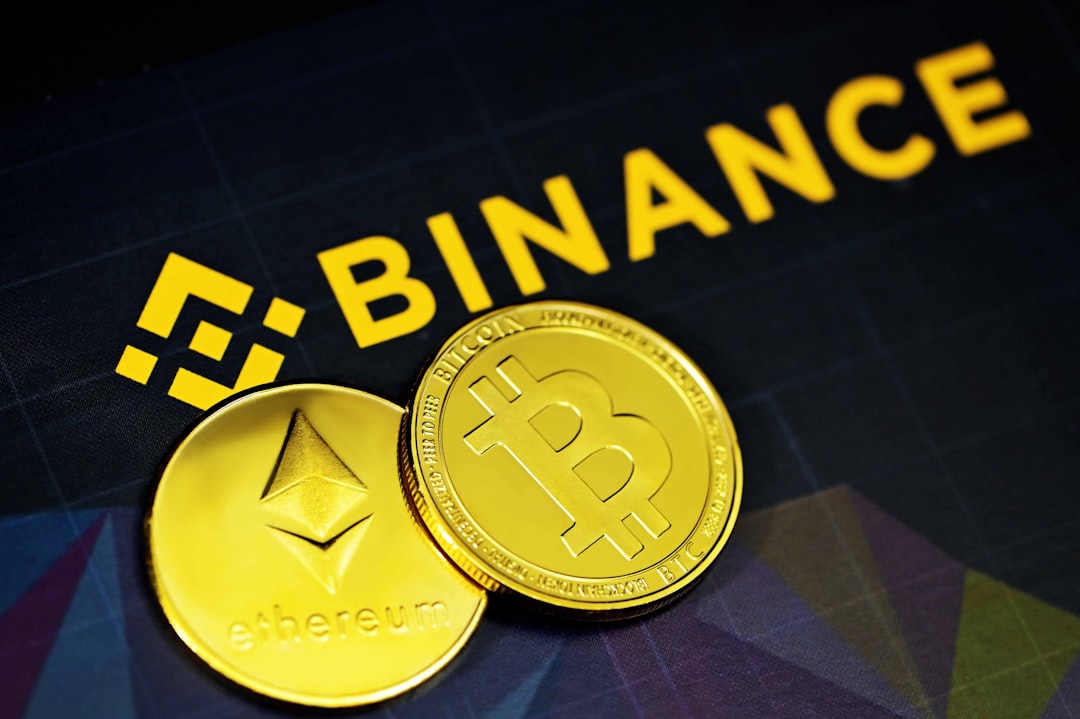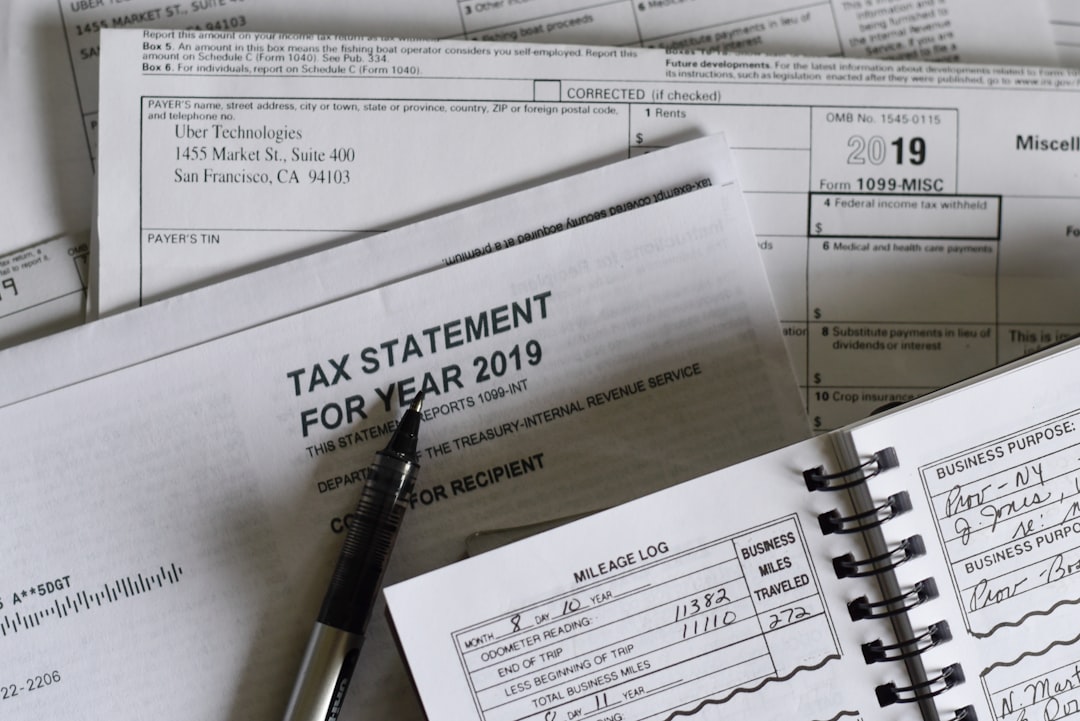'Hopium' for Bitcoin Believers? 🪴
Weekly News Recap: ⚖️ SBF grapples with DOJ, 🌍 Binance reconsiders Russia, 🛡️ Uniswap's legal win, 💰 New proposed crypto tax rules, and More!
Grayscale's landmark win against the SEC has ignited hope for a spot Bitcoin ETF, but what are the actual odds? Eric Balchunas, Bloomberg's senior ETF analyst, breaks it down on this week's episode.
The discussion uncovers why Bloomberg now sees a 75% likelihood of ETF approval this year and examines the bipartisan nature of the recent court ruling.
How much money could an approval bring to the market? “I think the ETF is going to act as a bridge to some of the old-guard Boomer money,” Eric said.
He also delved into how this could shift the balance of power away from crypto exchanges, making the space much more competitive.
Weekly News Recap
DOJ Tightens Noose on Sam Bankman-Fried
This week, the legal woes of the embattled former CEO of FTX, Sam Bankman-Fried, intensified as the U.S. Department of Justice (DOJ) took multiple actions against him. On Monday, the DOJ attorney in charge of the investigation filed a motion to bar all seven of Bankman-Fried's proposed expert witnesses, citing "an array of deficiencies." The witnesses include legal and business professionals whose testimonies, according to the DOJ, would “serve no other purpose than to provide an expert patina to inadmissible hearsay testimony about the defendant’s supposed lack of criminal knowledge or intent.”
Making matters worse, in a letter to the judge overseeing the case the following day, the same attorney questioned the adequacy of Bankman-Fried's "advice-of-counsel" defense strategy for his upcoming October trial, urging him to provide more details or face limitations on his defense.
Bankman-Fried's legal team has also been grappling with what they describe as "inadequate" prison technology facilities. While he was granted limited computer access, his lawyers argue that the limitations hamper his ability to prepare for trial. They have appealed for more extensive pretrial release measures, stating that the current conditions violate his Sixth Amendment rights. However, the DOJ has argued that his access to technology in pretrial detention goes "above and beyond '' what other defendants have been offered.
Adding to the complexity, Bankman-Fried's lawyers objected to 4 million additional pages of discovery evidence introduced by the DOJ. They argue that the addition of so much evidence so close to the trial date is "plainly inadequate" and hampers their client's right to defend himself.
Bankman-Fried, who faces charges including fraud and money laundering, has appealed his jail term for alleged witness tampering when he shared the writings of a former colleague–Caroline Ellison–who is expected to testify against him. His lawyers claim he was merely exercising his First Amendment rights.
SEC's Sealed Filing Against Binance Sparks Speculation About DOJ Action
The U.S. Securities and Exchange Commission (SEC) has filed a sealed motion against cryptocurrency exchange Binance, raising eyebrows across the industry. The confidential filing, which includes over 30 exhibits, has led experts to speculate that the world’s largest cryptocurrency exchange by trading volume, conducting more than $6 billion in trades over the past 24 hours, may be under criminal investigation by the U.S. Department of Justice. Former SEC official John Reed Stark proposed in a social media post that the sealed documents likely contain "secret details" about a DOJ criminal probe, adding that those details could possibly involve money laundering allegations against Binance, and linking to a more detailed explanation in his personal LinkedIn profile.

Stark, who left the SEC in 2009 and is now a cybersecurity consultant, described the move as a "rare tactic," claiming that the SEC usually operates with high transparency. He outlined two potential reasons for the sealed filing: to protect the integrity of a concurrent DOJ criminal investigation or to safeguard a witness or company. Stark also noted that if Binance does not oppose the sealing, it likely means the documents contain information the company would prefer to keep confidential.
Binance Reevaluates Russian Operations Amid Regulatory Heat
Binance, the world's largest cryptocurrency exchange, is contemplating a full exit from the Russian market, according to a Wall Street Journal report. This comes after the exchange delisted five sanctioned Russian banks from Binance’s peer-to-peer (P2P) service. Signaling the gravity of the situation, a Binance spokesperson told the Journal that "all options are on the table, including a full exit.”

The exchange has also limited Russian users doing ruble transactions on its P2P platform to those that have been verified. Those outside Russia are also barred from trading in rubles. These changes follow reports that Binance facilitated P2P trades involving Russian banks sanctioned by the United States, including Tinkoff Bank and Rosbank.
The Wall Street Journal reported that Binance's P2P platform had seen $428 million in trades between October and March, which could add to its legal troubles with the DOJ.
Additionally, Binance is rerouting its Belgian customers through a Polish entity to circumvent a ban imposed by Belgium's Financial Services and Markets Authority, which this June ordered the crypto exchange to cease operations in the country.
Treasury and IRS Unveil Crypto Tax Rules, Stirring Debate
This week we learned the U.S. Treasury Department, in collaboration with the Internal Revenue Service (IRS), had released proposed regulations aimed at tightening tax reporting requirements for cryptocurrency transactions. According to a document dated August 29, but discovered late last week, "These regulations align tax reporting on digital assets with tax reporting on other assets," and would apply to “sales of such commodities on or after January 1, 2025.”

It would appear the proposal is just the latest government action that while finally bringing some much needed clarity to crypto, isn’t exactly the kind of clarity insiders were hoping for.
In response to the proposal, the CEO of the advocacy firm, Blockchain Association, Kristin Smith, warned that while such rules could help users comply with tax laws, they must be "tailored accordingly and not capture ecosystem participants that don't have a pathway to compliance.” Tax expert Jason Schwartz commented on social media that “the proposed regs' definition of digital assets middleman would turn website developers into brokers if the websites "facilitate" digital asset sales. That’s bad law and bad policy.”
Judge Sidesteps CEL Token Classification Amid Celsius Bankruptcy
Late last week, U.S. Bankruptcy Judge Martin Glenn declined to classify Celsius' native CEL token as a security. The decision came after investor Otis Davis urged the court to "recognize the legal precedent set in the Ripple/XRP case." Judge Glenn stated: "Nothing in the Motions, this Order, or announced at the Hearing constitutes a finding under the federal securities laws as to whether crypto tokens or transactions involving crypto tokens are securities."
Last week, the court rejected Celsius token holders' bid to value CEL at $0.80, opting for a lower $0.25 valuation.
Judge Rules Uniswap Not Accountable for Scam Tokens
In what appears to be a huge victory for decentralized exchanges generally speaking, U.S. District Judge Katherine Polk Failla dismissed a class action lawsuit against the creators of decentralized exchange Uniswap, and high profile investors Andreessen Horowitz, Union Square Ventures and others, ruling that the platform is not liable for losses related to scam tokens. The lawsuit, initiated by six plaintiffs, alleged that Uniswap operated as an unregistered broker and dealer. In an opinion and order filed Tuesday, Judge Failla wrote: "Due to the Protocol’s decentralized nature, the identities of the Scam Token issuers are basically unknown and unknowable." She further explained that federal securities laws shouldn't be stretched to cover such conduct, suggesting that Congress might want to do a better job addressing the issue.
Uniswap founder Hayden Adams described the decision on social media as a “Huge win, long live DeFi.”
DEA Is Duped in Crypto Scam
The U.S. Drug Enforcement Agency (DEA), known for its crackdowns on crypto-based dark web marketplaces, fell victim to a classic airdrop phishing scam, according to a Forbes report. The agency reportedly lost over $55,000 in confiscated Tether (USDT) funds. The scammer exploited the public nature of blockchain transactions, noticing a test transfer of $45.36 in Tether from the DEA to a U.S. Marshals' wallet. The fraudster then created a similar-looking wallet address and successfully tricked the DEA into transferring the funds.
The FBI has already filed a warrant and is leading the investigation. The stolen funds were converted into Ethereum and transferred to a different wallet.
BitBoy Crypto Brand Ousts Ben Armstrong
Ben Armstrong, the face of popular YouTube channel BitBoy Crypto, has been removed from the brand by parent company BJ Investment Holdings. The company cited "substance abuse" and "emotional, physical, and financial damage" as reasons for the separation. Armstrong, however, refuted these claims, and vehemently denied allegations of substance abuse. "I have not relapsed. That is a lie," he told Decrypt.
Pepe Coin and Balancer Face Security Breaches
Three former PEPE Coin team members have been accused of stealing 16 trillion of the tokens, worth around $15 million, from the project's multisig wallet. "Yesterday these 3 ex-team members came back behind my back, logged onto the multisig, stole 16 trillion/60% of the 26 trillion multisig tokens, and sent them to exchanges to sell," according to a social media post from the widely followed account. The author or authors of the post claimed that the multisig wallet required three out of the four signers to approve transactions. The fourth signer presumably wrote the post. The allegedly stolen funds were quickly sold on OKX and Binance, causing the PEPE token price to plummet nearly 20%.
Meanwhile, the hits just keep coming for decentralized finance protocol Balancer, which after seeing $200 million worth of deposits flee last week following reports of poorly written software, this week lost another $900,000. In a social media post, web3 audit firm Hacken: "To avoid possible losses, withdraw affected LPs immediately."
If You Like What You Read:
👍 follow Laura on Twitter, Facebook, Instagram, TikTok, Mastodon and/or LinkedIn
🎧 subscribe to Unchained on YouTube, Apple Podcasts, Spotify, Google Podcasts, Pandora or wherever you get your podcasts
and/or 📚buy my book, The Cryptopians: Idealism, Greed, Lies, and the Making of the First Big Cryptocurrency Craze








